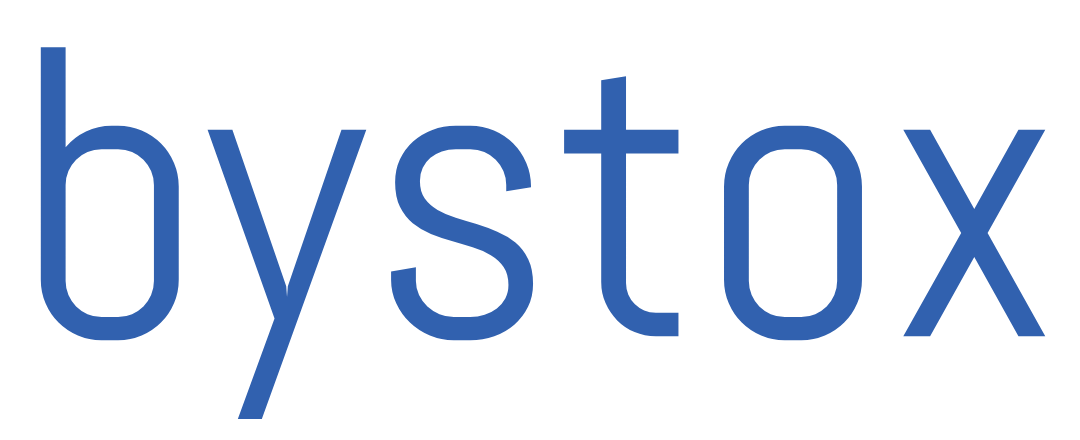Madhabi Puri Buch, Chairperson of the Securities and Exchange Board of India (SEBI), announced on Monday, March 11, that the capital markets regulator will initiate the T+0 (same day) trade cycle settlement on an optional basis by March 28. Buch highlighted that this move towards faster settlements is in response to the increasing prominence of alternatives like cryptocurrencies in the market.
During an AMFI event honoring women fund managers in Mumbai, Chairperson Madhabi Puri Buch revealed that the Securities and Exchange Board of India (SEBI) is targeting to implement an instant settlement cycle by March 2025. Buch emphasized the regulator’s commitment to ensuring a competitive and investor-friendly regulated market.
T+0 settlement implies same-day settlements, while instant settlement would guarantee immediate trade settlements, providing investors with enhanced advantages in the market landscape.
At present, the settlement of funds and securities occurs on the T+1 (trade plus one day) settlement cycle. However, SEBI (Securities and Exchange Board of India) is set to introduce additional facilities in the secondary markets for the equity cash segment. This will include the implementation of T+0 and instant settlement cycles alongside the existing T+1 cycle.
According to SEBI, the adoption of T+0 and instant settlement cycles will offer several advantages to investors. These include instant receipt of funds and securities, elimination of settlement shortage risks, and greater control over funds and securities.
The evolution of settlement cycles in India’s financial markets has seen significant progress over the years. Initially shortened from T+5 to T+3 in 2002 and subsequently to T+2 in 2003, the settlement cycle further transitioned to T+1 in 2021. This phased implementation was fully realized in January last year, marking a milestone in enhancing efficiency and reducing settlement times in the Indian securities market.
SEBI Chairperson Raises Concerns Over Manipulation in SME Segment IPOs.
During a recent statement, the Chairperson of the Securities and Exchange Board of India (SEBI) addressed concerns regarding manipulation observed in the SME (Small and Medium-sized Enterprises) segment IPOs. The SEBI chairperson acknowledged the feedback received from the market and emphasized the regulator’s proactive approach in investigating and gathering robust evidence to address these issues.
Madhabi Puri Buch further emphasized SEBI’s vigilant monitoring of price manipulation instances occurring at the IPO and trading levels, particularly concerning certain IPOs. She indicated that SEBI is considering implementing disclosures as an initial step to address these concerns specifically related to SME IPOs. This proactive measure aims to enhance transparency and investor protection in the IPO market segment.

